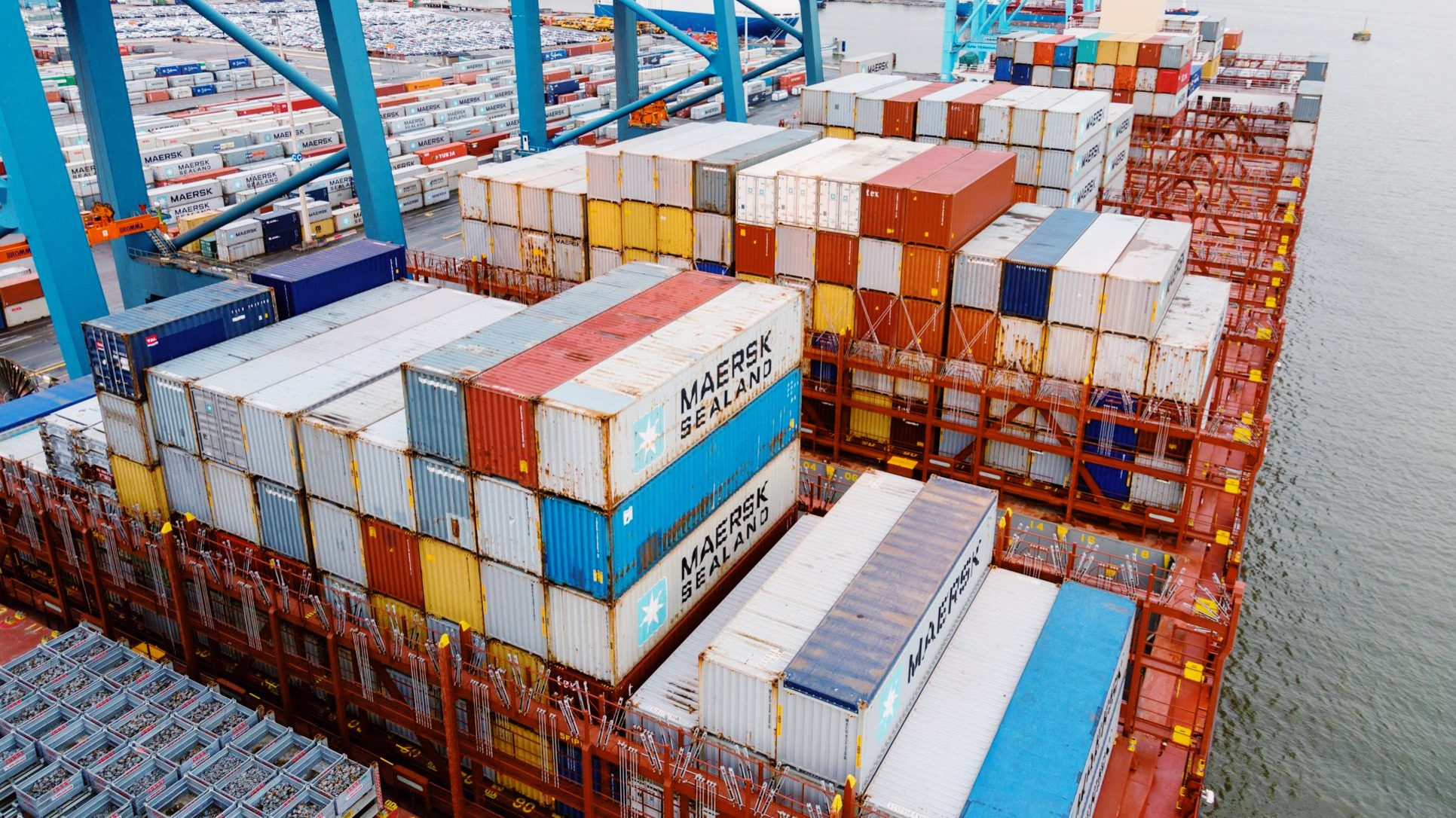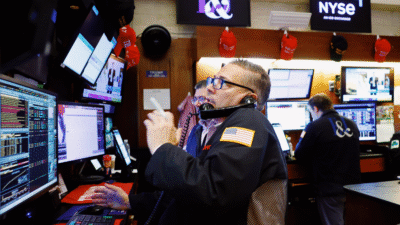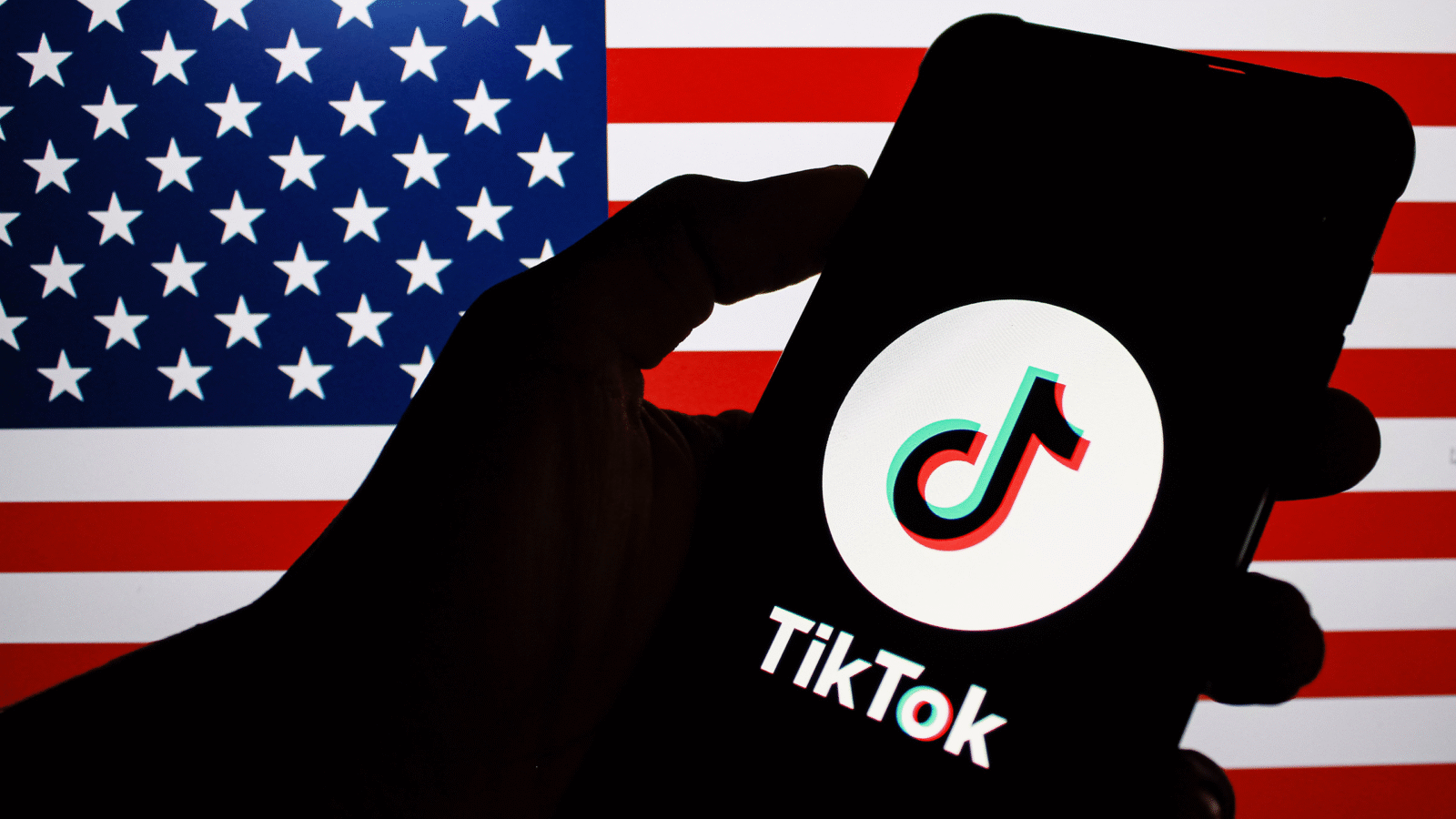Increased Geopolitical Tensions Are Taking a Toll on Global Companies
With military conflict continuing across the globe, and the world’s superpowers locked in a stare-down, it’s not easy being a global business

Sign up for smart news, insights, and analysis on the biggest financial stories of the day.
Big business hates uncertainty. Its leaders had better get used to it.
With military conflict continuing — or breaking out — across the globe, and the world’s superpowers in a protracted stare-down, it’s not easy being a global business. Nor is it cheap, according to a Wall Street Journal analysis published Thursday.
Conflict Management
There’s conflict in Ukraine. There’s fighting in the Middle East. Then there is alarming political strife in usually stable nations like France and South Korea. And we haven’t even mentioned the faceoff between China and the US, which is expected to intensify as the tariff-inclined Trump 2.0 administration assumes office. All of which is creating a minefield for international business.
The knock-on effects are plenty. Take for instance the global shipping industry, which is remaking itself amid trade tensions with China and a string of attacks last year in the Red Sea. According to a Financial Times analysis published Wednesday, the industry is rapidly shifting away from massive container ships toward smaller vessels as it prepares for a feared contraction of global trade. Meanwhile, continued threats to critical infrastructure like subsea cables vital to the world’s internet have opened up a new, highly disruptive, front in global conflict. And, on Wednesday, Europe’s supply of cheap Russian gas officially ran dry, after Ukraine decided to turn off the taps.
Add it all up and you have whatever is the opposite of a frictionless economy:
- According to a report released late last year from consulting firm Verisk Maplecroft, the cost of doing global business has now reached a 10-year high amid geopolitical instability and deglobalization.
- And according to a survey of business leaders conducted by Ernst & Young, around 75% of CEOs say they have significant visibility into potential geopolitical risks and have developed strategies to manage them, with 30% saying they have full visibility.
Ticking Clock: Of course, it’s not just major global firms feeling the heat. The looming TikTok ban in the US, for example, threatens to derail small businesses in the US that have leaned heavily on the platform to grow their reach. At least, so says TikTok itself, which estimates small businesses using the platform for promotional purposes would lose $1 billion in revenue a month if the short-form video app does indeed go dark in the US.











